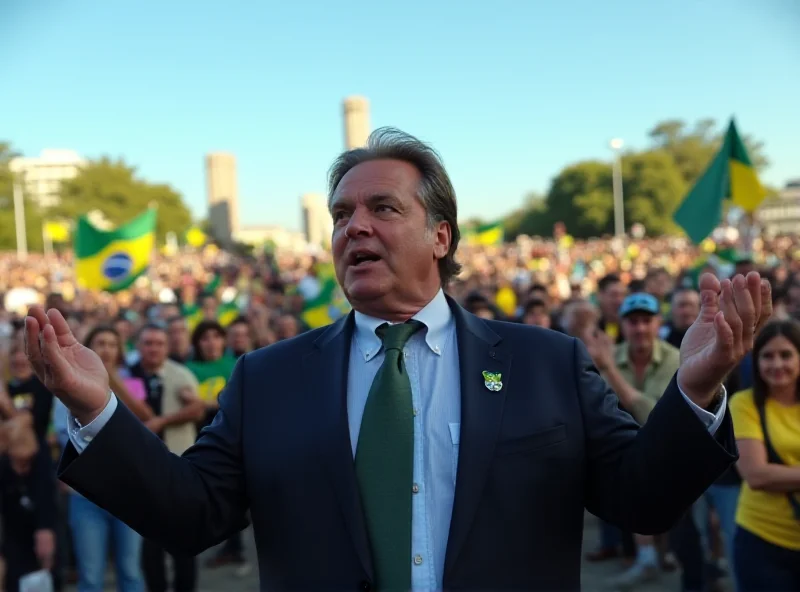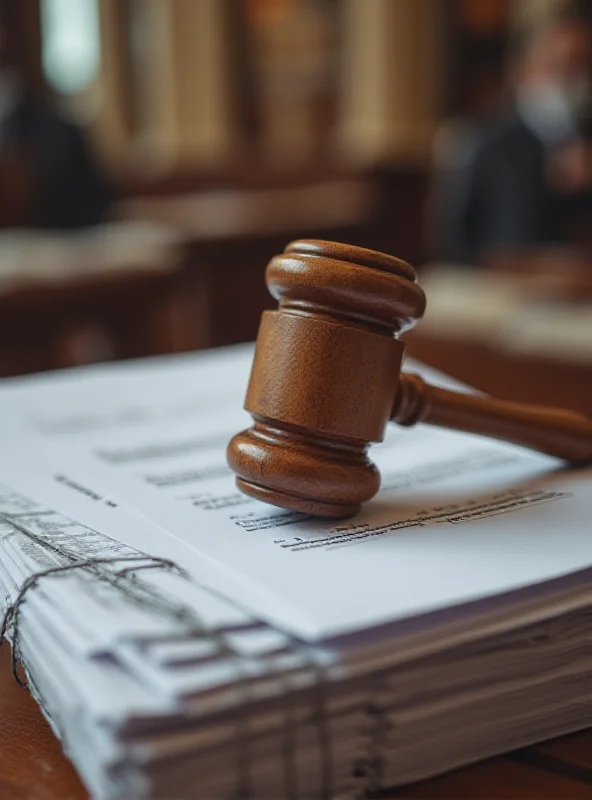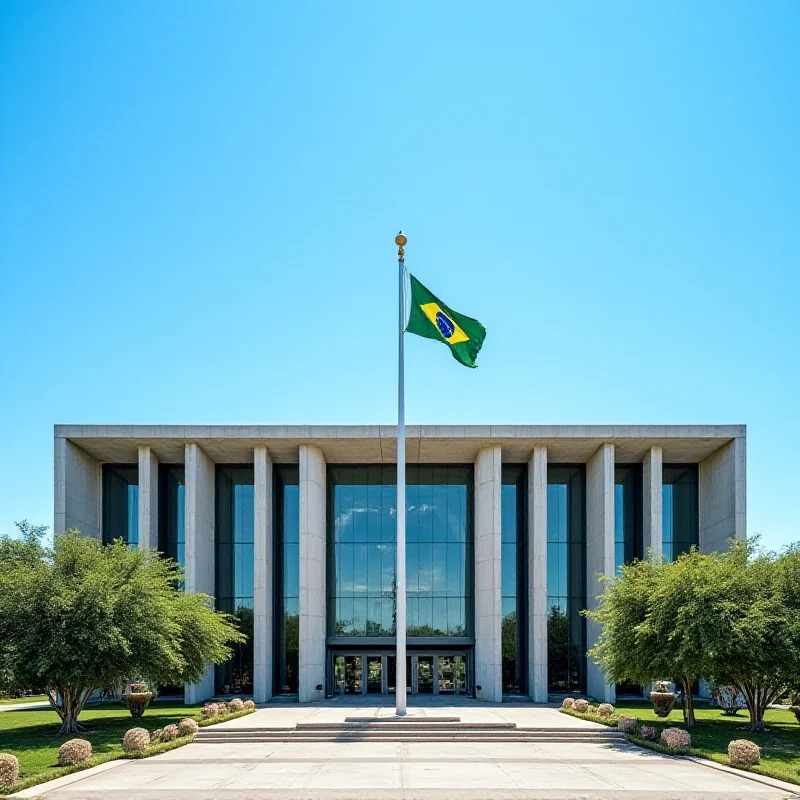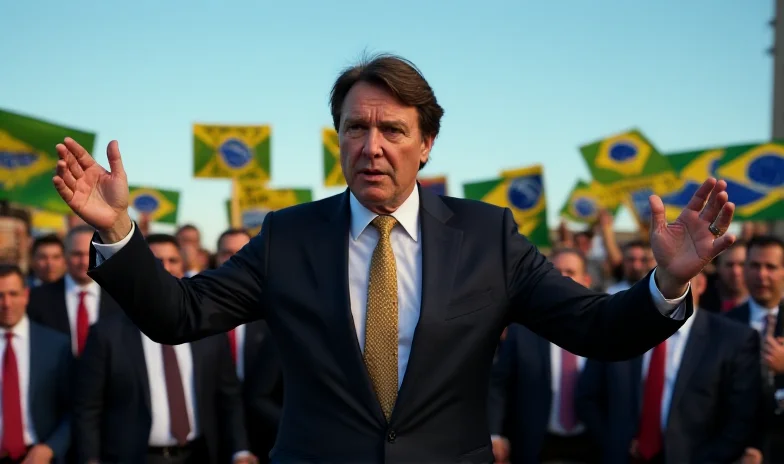Brazil's political landscape remains turbulent as former President Jair Bolsonaro and his associates grapple with ongoing legal battles. From responding to formal complaints to facing calls for electronic monitoring, Bolsonaro finds himself at the center of multiple investigations. Meanwhile, a former aide is seeking to maintain a plea bargain agreement, adding another layer of complexity to the situation.
Bolsonaro Defends Against PGR Complaint
Bolsonaro has presented a 130-page defense to the Supreme Federal Court (STF) in response to a complaint filed by the Attorney General's Office (PGR). The defense includes a request to call 13 witnesses to testify.  This move comes as the PGR continues to investigate potential wrongdoing during his time in office.
This move comes as the PGR continues to investigate potential wrongdoing during his time in office.
Adding to the pressure, members of the opposition are urging the PGR to impose electronic monitoring on Bolsonaro, suggesting an ankle bracelet to prevent him from potentially fleeing the country via land routes. Deputies argue that such measures are "essential" given the perceived flight risk.
"Electronic monitoring is essential to ensure that justice is served and to prevent any potential evasion of responsibility," stated one deputy.
Cid Seeks to Uphold Plea Bargain
In a separate but related development, Cid, a former assistant to Jair Bolsonaro, has requested that the STF maintain his plea bargain agreement. Accused by the PGR, Cid claims he was merely following orders and fulfilling his legal duty. He is seeking summary absolution from the Court.

Janones and the 'Rachadinha' Inquiry
The legal scrutiny extends beyond Bolsonaro and his immediate circle. Congressman Janones has entered into a non-prosecution agreement involving a payment of R$157,000 over at least one year to put an end to the 'rachadinha' inquiry. The Attorney General's Office has requested the Supreme Federal Court to approve the deal. These agreements seek to resolve legal issues outside of the courtroom, but they are subject to judicial approval.
These cases underscore the ongoing legal challenges facing key figures in Brazilian politics, highlighting the complexities of navigating the country's judicial system. The outcomes of these proceedings could have significant implications for the future of Brazilian politics.

